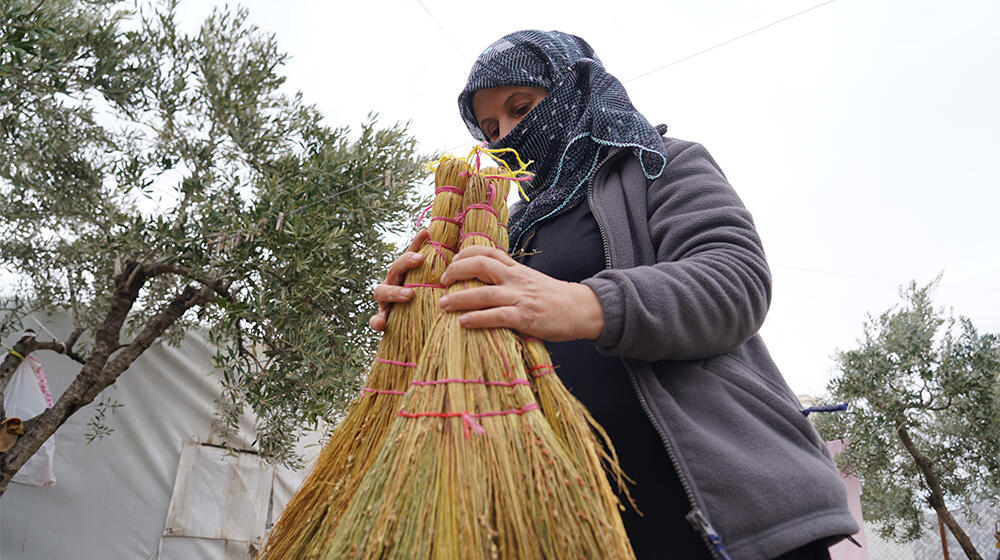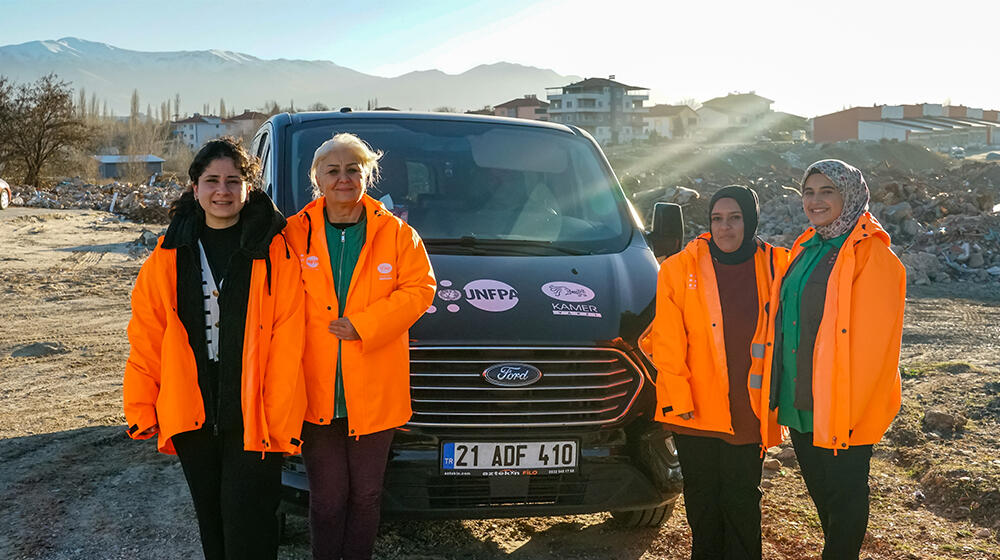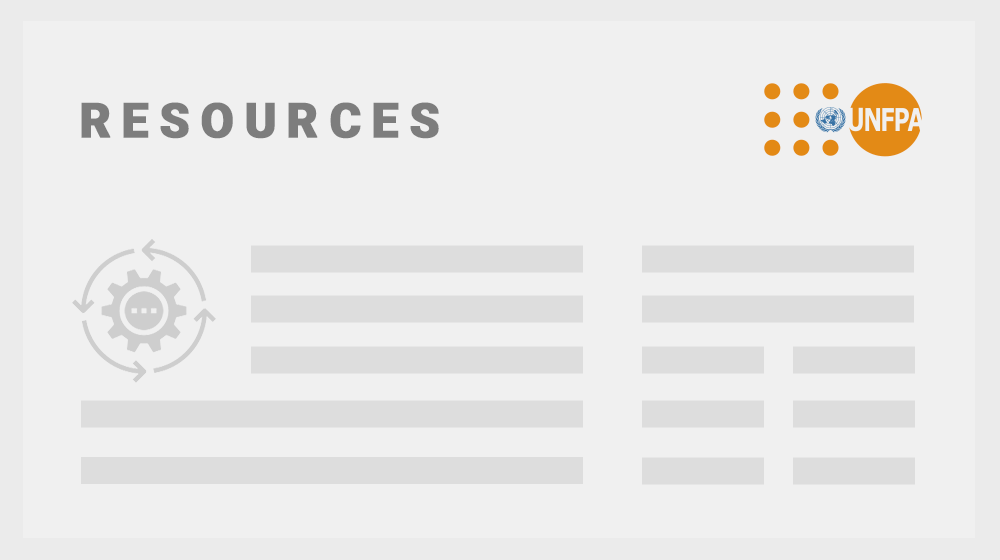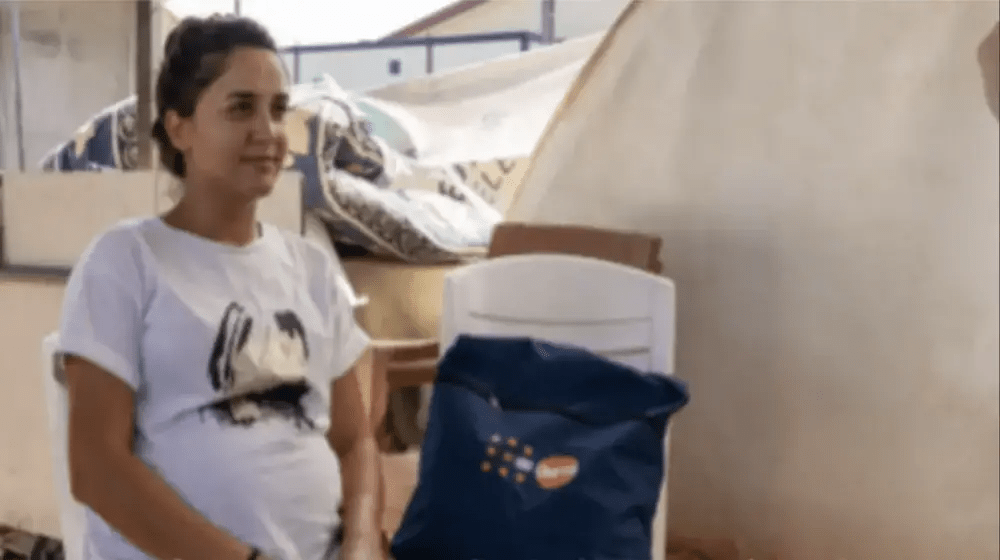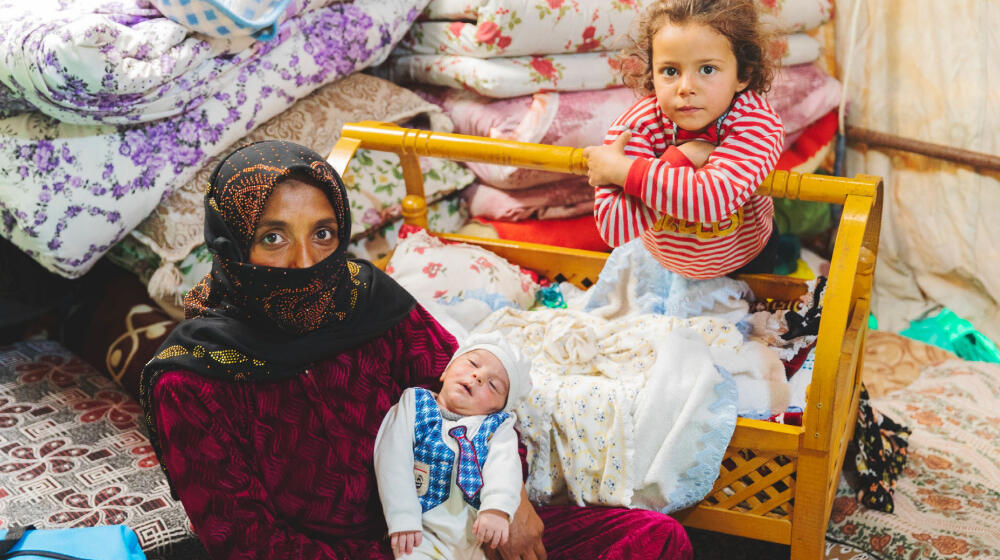Türkiye and Syria Earthquakes
In February 2023, two powerful earthquakes struck Türkiye and Syria. Hundreds of thousands of people lost their homes and livelihoods, and vital infrastructure, including health facilities, was reduced to rubble. Among those affected were an estimated 270,000 pregnant women – women who no longer had hospitals to give birth in.
One year on, reproductive health and protection services have yet to fully recover. Many women and girls still remain in temporary shelters – in both Türkiye and Syria – where risks of violence, sexual exploitation and abuse have soared, and where access to services and support to prevent and respond to gender-based violence are limited.
Since day one, UNFPA has been coordinating with national and local authorities and partners in Türkiye and Syria to get reproductive health services up and running again, increasing mobile teams, outreach, and the distribution of supplies, to take maternal health and protection services and support to women and girls in need, wherever they are.
UNFPA reached 446,000 women, girls and individuals with life-saving reproductive health and protection services in Türkiye and Syria in 2023. Around 166,000 maternity and dignity kits were distributed to those in need.
In 2024, UNFPA is appealing for $17 million to continue its life-saving assistance and support longer-term recovery efforts in Türkiye. To fund operations in the Whole of Syria, including the response to the earthquake, UNFPA is appealing for a total of $67.3 million in 2024.
Updated on 01 February 2024
